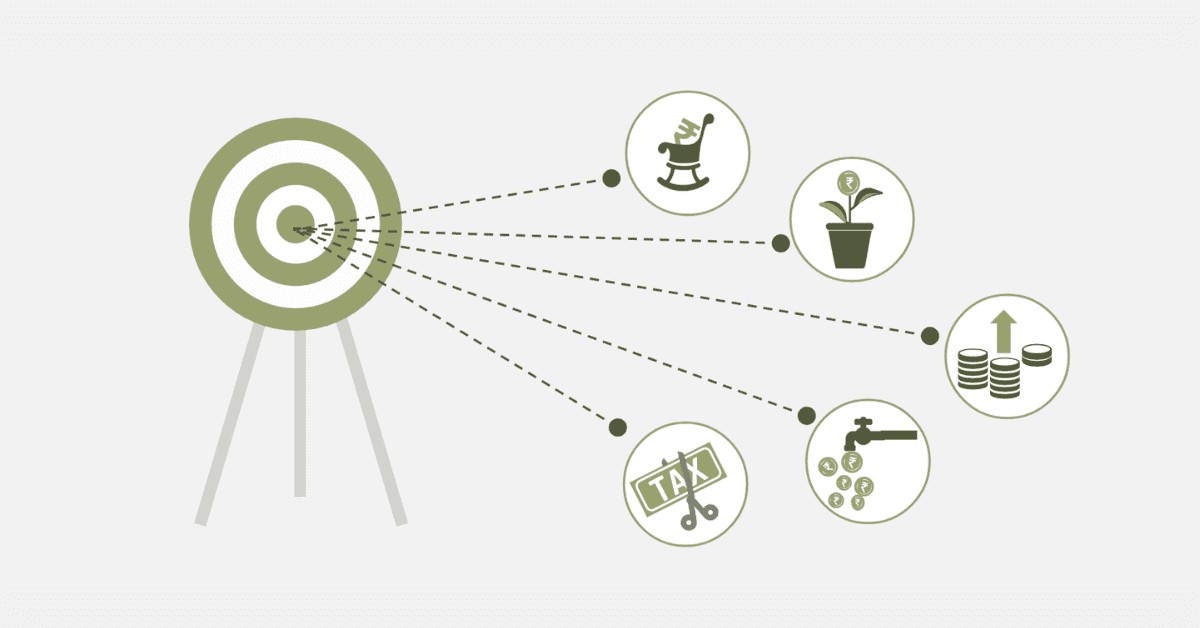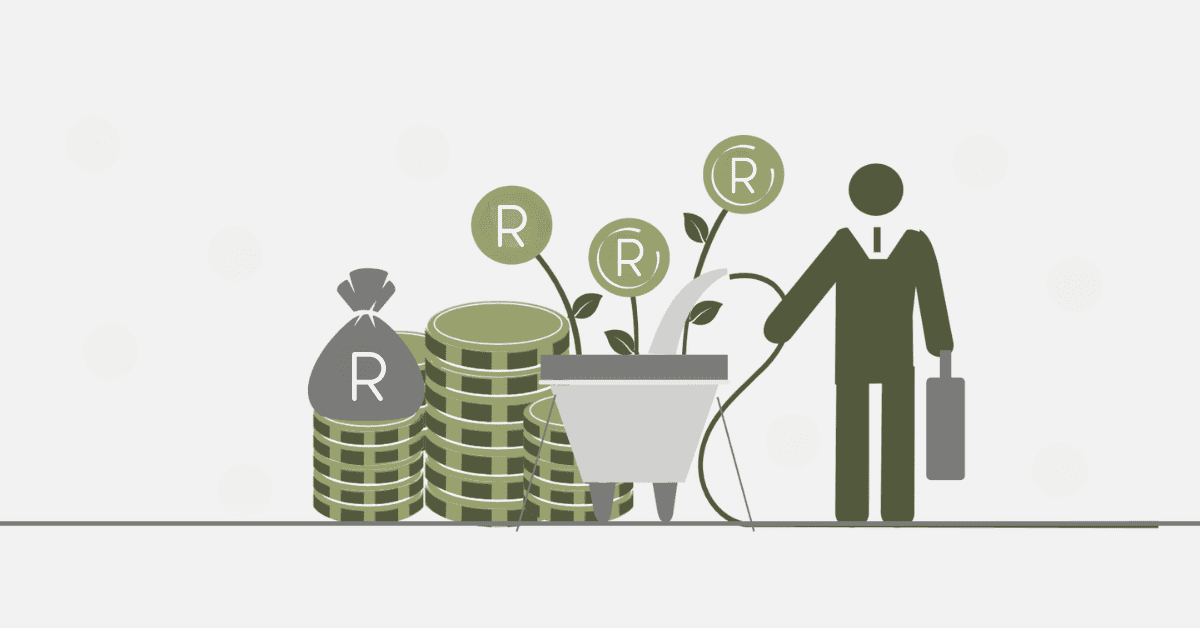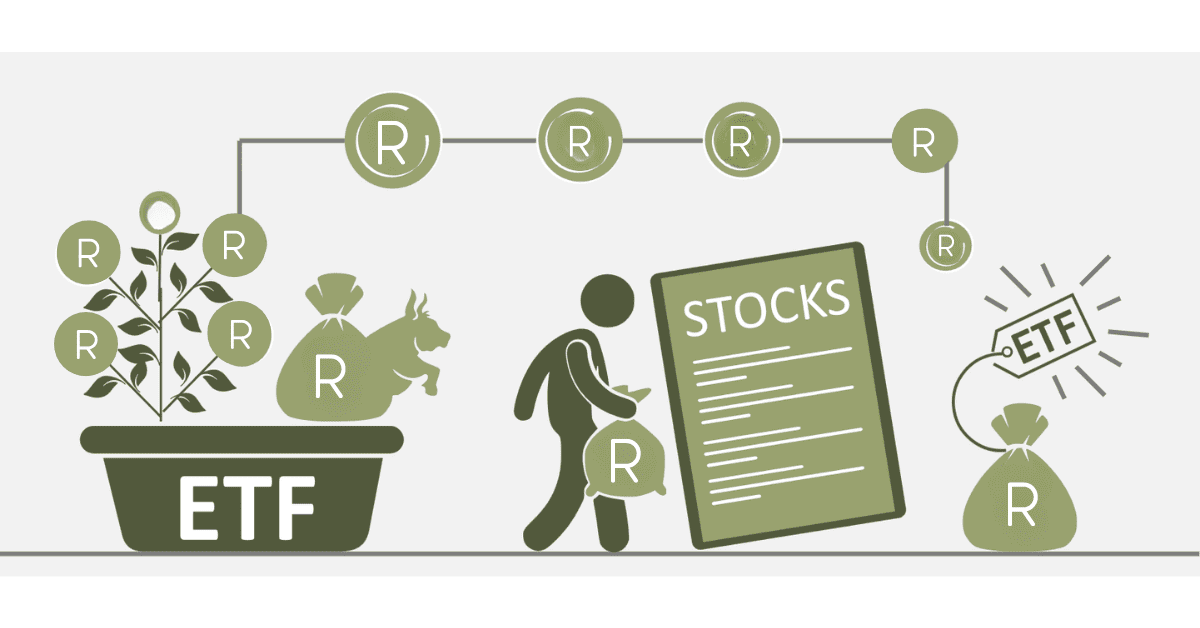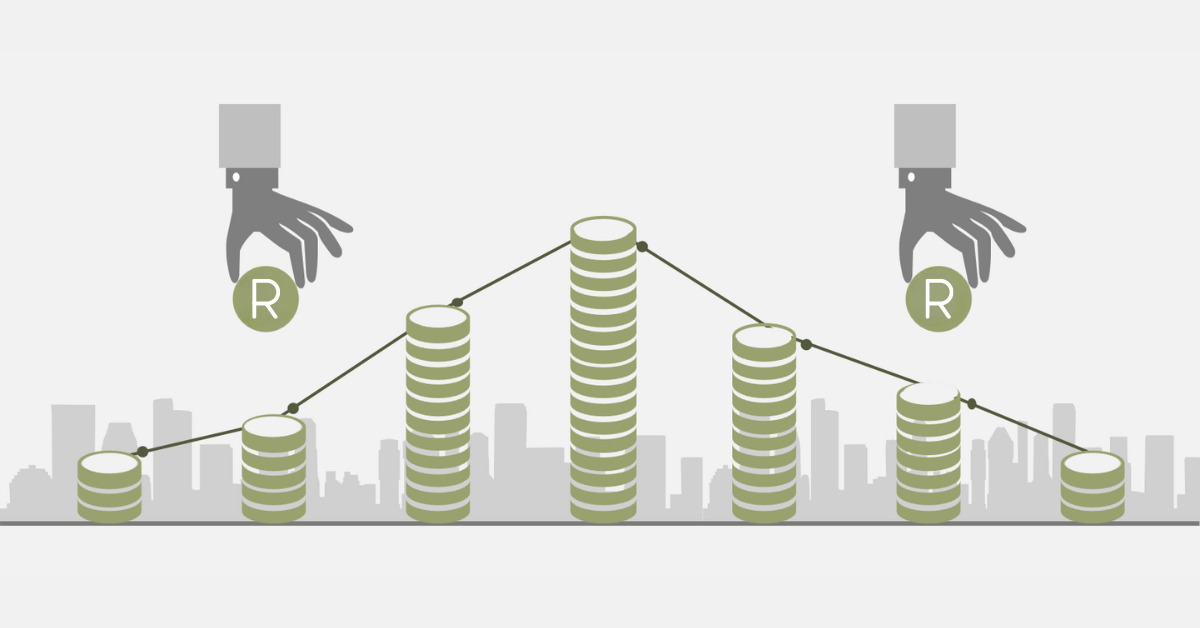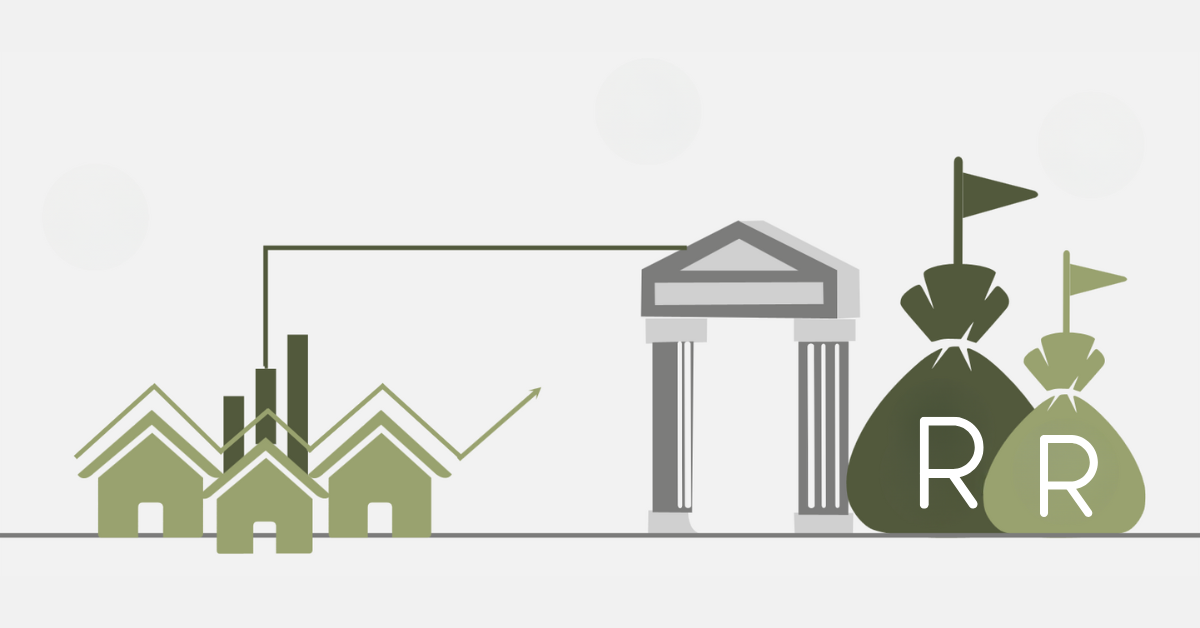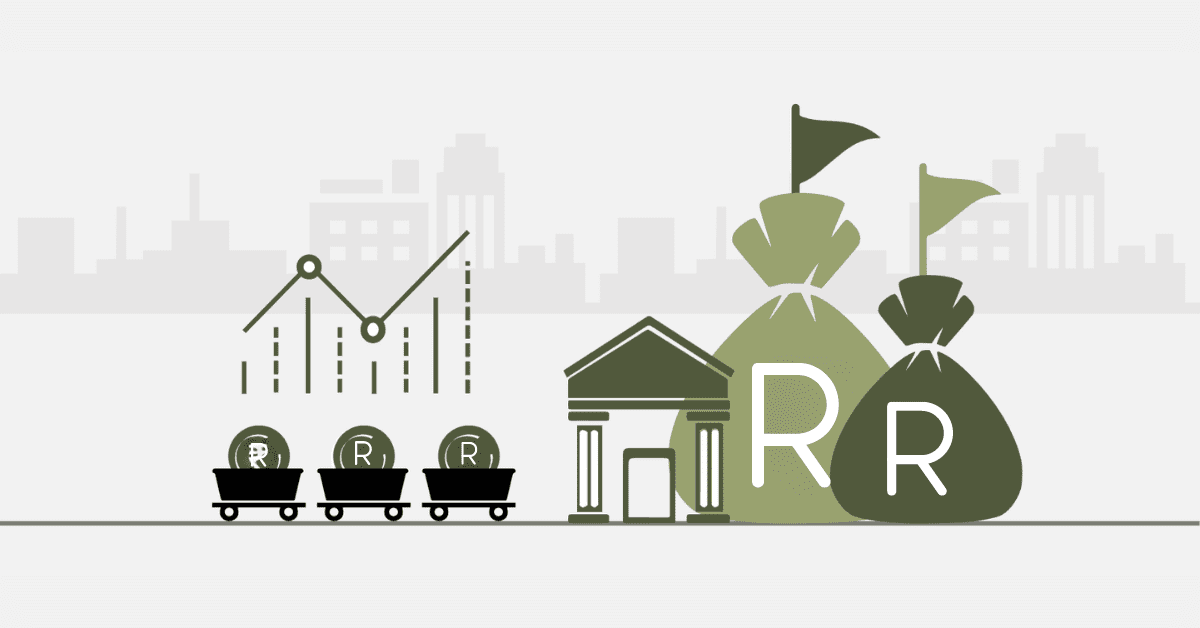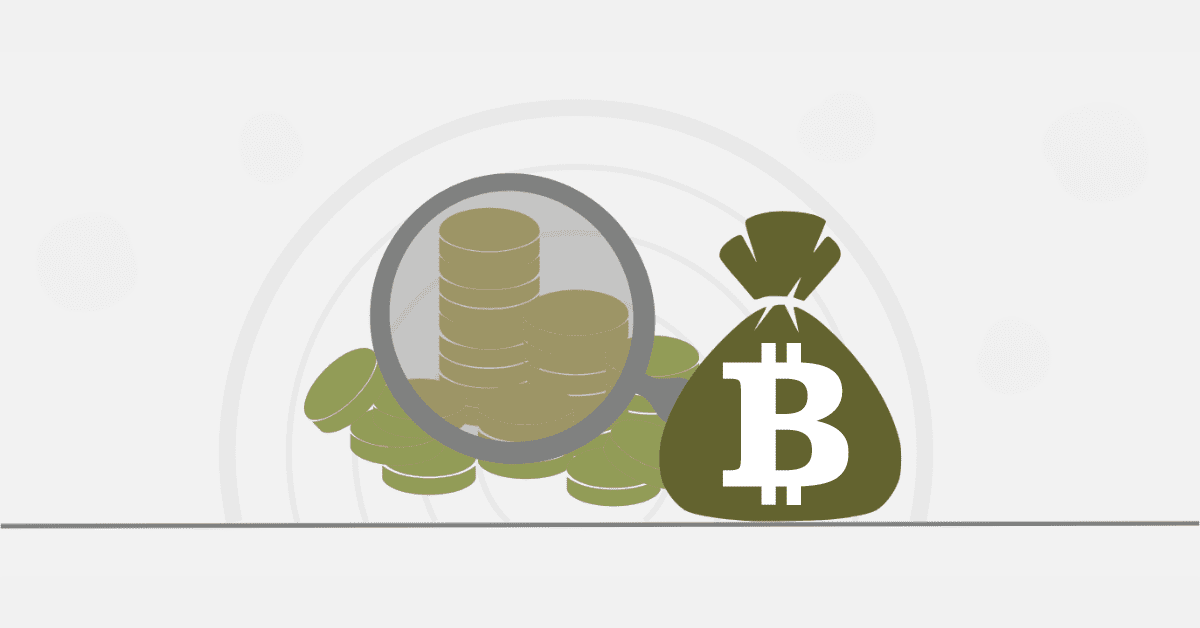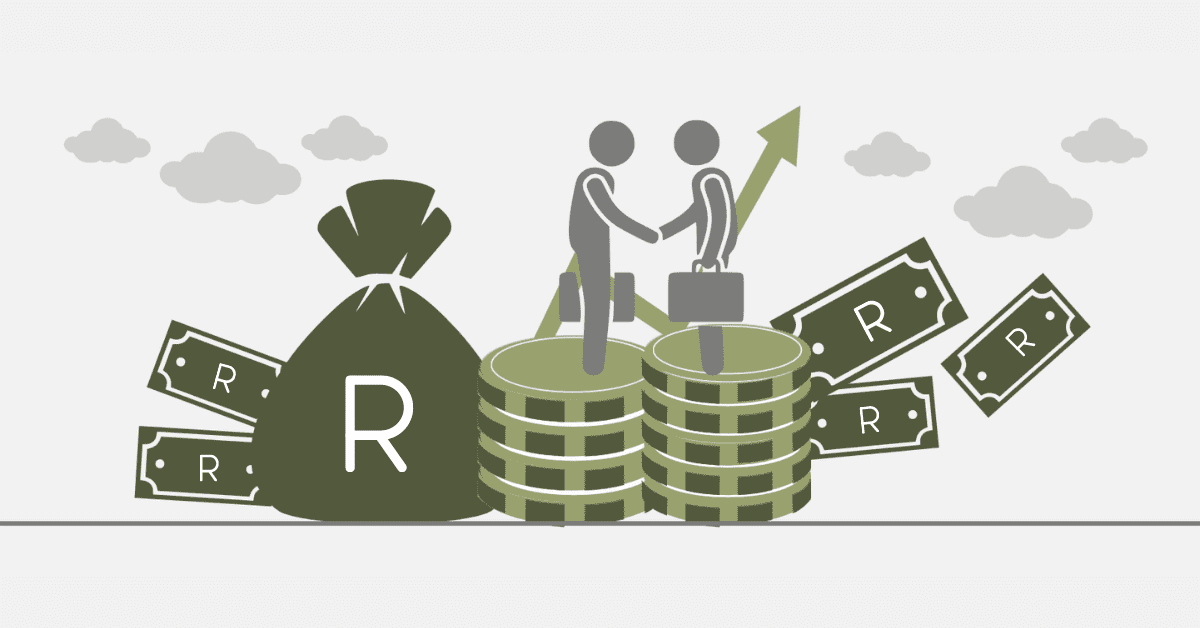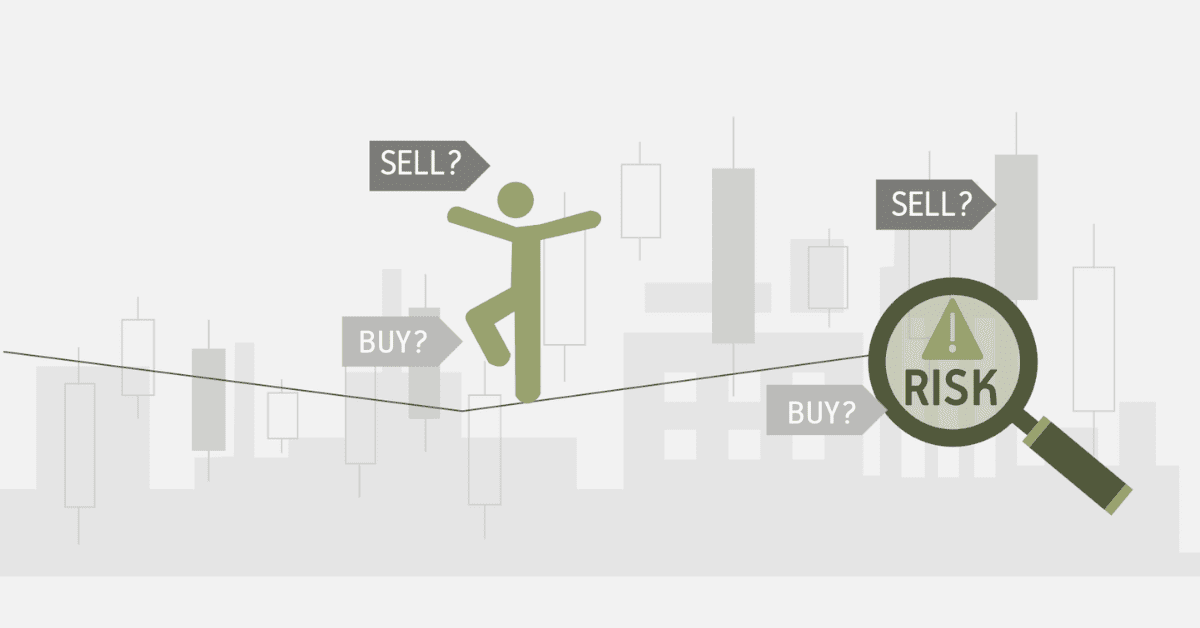Futures trading has come up in the SA monetary market. This is because it can make investors and speculators place bets on the direction in which the value of assets would move without owning the assets. An agreement to sell/buy an asset at a set price in the future is known as a futures contract. Futures trading has the potential to generate profit on price differences and serve as a hedging instrument for businesses to reduce risk.
What Can You Trade in Futures?
Selling and purchasing futures in South Africa are for a vast range of financial derivatives, and trading allows traders to speculate against price movement or hedge against potential losses. Gold, platinum, and grains are the most traded futures out of the many and are the pillars on which the economy of South Africa rests. Currency futures make trading in the buying and selling South African currency against the world’s currencies possible without the need to trade on the spot. Equity index futures also expose investors to the movement in the equity market through FTSE/JSE Top 40, etc.
What Assets Are Traded in Futures?
South Africa has a futures market with various asset classes and trading opportunities. Precious metals are one of the most traded commodity futures with the two metals, namely, gold and platinum, covered; the two dominate the mining industry in South Africa. Crop futures on maize, wheat, and sugar are available to farmers and traders to benefit from price risks through seasonal price behaviors. Currency futures make it possible for investors to buy and sell the South African currency in other currencies, making hedging against currency exchange volatility more convenient.
What is an Example of a Futures Trade?
For example, a mining company in SA might hedge against price fluctuation using gold futures. If the prevailing value of the current cost of gold is R1,000 per ounce and the company expects prices to fall, the firm enters a futures contract to sell the gold at R1,000 per ounce three months ahead. On the maturity date, when the gold cost falls to R900 per ounce, the firm still sells at the contracted price of R1,000 per ounce, making a profit. Alternatively, a trader might speculate on higher costs for the gold by purchasing a futures contract. The trader profits when the price rises to R1,100 per ounce and sells the contract at a higher price.
Can You Trade Futures in SA?
Yes, futures are traded in SA on the JSE and online broker websites. The JSE operates a regulated exchange where commodity, index, currency, & interest-rate futures are traded. Regulation of the financial market in SA ensures efficient and transparent futures trading and prevents manipulation and excessive speculation in the market. Traders can trade in future markets using individual accounts or trading companies based on their capital requirements and the extent of their experience.
What Futures Are Most Profitable?
Market conditions, volatility, and trading strategy South African commodity futures, namely platinum and gold, are the most rewarding in South Africa because the region has a thriving mining industry, creating demand for metals. The metals are highly volatile to where the international economy is moving, and the trader can make a profit when the prices change direction. Currency futures on the South African rand are also available, as the exchange value responds to economic policy, stability, and international direction. Equity index futures, for example, on the JSE Top 40, expose the trader to the major corporations in South Africa and are the perfect instrument for those who prefer to trade in the direction the stock market is moving.
Can You Trade Forex on Futures?
Forex can be traded using currency futures in South Africa, offering a structured and regulated option to traditional forex trading. While currencies are directly bought and sold on the spot market, currency futures are agreements that commit a fixed exchange price on a future date. Futures are most helpful to businesses and investors who need to hedge against the fluctuation in the value of the South African rand currency. For example, an importing company forecasting the rand’s devaluation against the US currency can buy a futures contract to lock in a reasonable exchange price. Speculative buyers also profit from the anticipated movement of a currency by selling or buying futures contracts proportional to the expected movement.
How to Make Money with Futures?
Earning with futures in South Africa involves exploiting price movement through speculative trading, hedging, or arbitrage. Directional trading is a commonly practiced method where futures contracts are purchased when the price increase is expected and sold when the price decrease is expected. Hedging is also a technique corporations practice to hedge against unfavorable price movement. For example, a mining firm hedges gold prices before the market volatility affects the revenue. Arbitrageurs make risk-free profits by taking advantage of the price difference in different markets. Leverage is also prevalent, which allows traders to work with significant positions with relatively little capital, though with the risk of enhanced danger.
Which Broker Allows Me to Trade Futures?
Some South African licensed brokers offer futures trading facilities, granting the traders access to international and local futures markets. The Johannesburg Stock Exchange, or the JSE, has several futures contracts, and the traders are provided with the same through the licensed brokers who deal in the JSE derivatives. Internet platforms offer futures trading, including commodity, currency, and equity index futures options. In selecting the perfect platform, traders need to note trading fees, platform stability, regulation requirements, and trading tools offered. Most brokers also provide educational materials. Those help traders learn about the mechanisms in the market and improve their strategies.
Closing Thoughts
South African futures trading holds many opportunities for those who want to profit from commodities, indices, currencies, and interest rates. Hedging or speculation, as the situation may be, futures contracts offer market exposure and leverage that could optimize investment plans. Despite the risks associated with futures trading, those who develop and implement sound analytical methods, adopt risk control strategies and register with trustworthy brokers can handle the market quite successfully.
